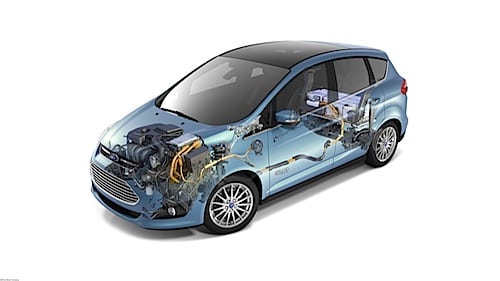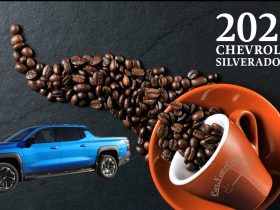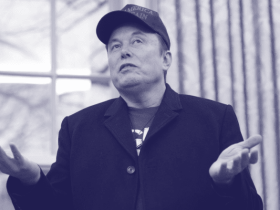Now that the reality of sales numbers are out, it’s clear that electric vehicles are not the immediate future of automotive. They’re going to take a lot longer to take over than pundits, politicians, and many automakers thought they would.
Automotive markets are showing signs of stabilizing. At least most of them are. EVs and used EVs, not so much. As sales lots begin filling with unsold electric models, automakers have been putting huge incentives into drawing consumers in to buy and slowing production in order to better meet actual demand.
Some automakers, like Porsche, were set to go all-in on battery electric vehicles. And are now pulling back on those plans. In a recent earnings call, Porsche announced that it will shift strategies from going all-EV to adding more combustion and plug-in hybrid models in the coming years. This amounts to a $6B investment reversal away from “electromobility” and into a more mixed powertrain future.
Jaguar has famously stopped making vehicles altogether in order to shift to an all-EV lineup. That’s “been hugely frustrating,” the company’s managing director said. Five years with no vehicles to sell isn’t exactly winning customers. Jaguar’s ultimate plans are to release a concept this year and head into the ultra-luxury market instead. Probably a good move, but it’s to be seen if EVs will be popular there.
Ford is also shifting gears, moving away from battery-electric powertrains and looking into more diversification instead. Especially with large vehicles. The Lightning hasn’t been the sales winner Ford had hoped for, especially among fleet buyers, so it’s eyes are instead looking to plug-in hybrids and range-extended hybrids as a solution.
Some automakers, like Toyota and Ram Truck, saw this coming and did not jump on the “everything EV” bus. The Ramcharger, a range-extended electric full-sized truck, is coming this year while coinciding plans for a full-EV truck are basically on hold. Toyota, meanwhile, took a huge amount of flak from the press a couple of years ago when Akio Toyoda announced that hybrids were the way to go. He seems like a prophetic genius today.
There’s no doubt that electrified vehicles are the future. There’s only so much engine downsizing and turbocharging that can happen before they become too complex and too unreliable for their own good. Hybrids are an obvious step and have been doing well in the automotive market for some time now. Plug-ins are in their early stages, but the kinks are being worked out and they’ll be the new hybrid soon enough.
Meanwhile, battery solutions that don’t have many of the problems of today’s lithium liquid cells are in development and will soon be ready for prime time. But it’s not going to happen in 2025 or 2035. Good things automotive take time.
I predict that we’ll see a new battery-electric vehicle resurgence in about 6 to 10 years. In the meantime, this current generation of vehicle models will be hybrids of various sorts until 2035-2040 when fully electric vehicles (and their infrastructure) are more ready for the mainstream.






